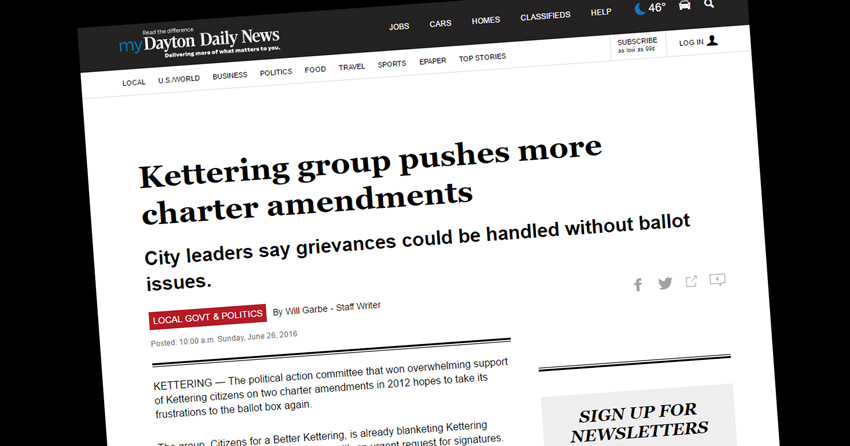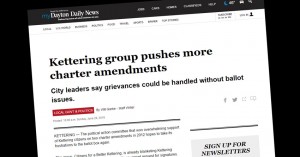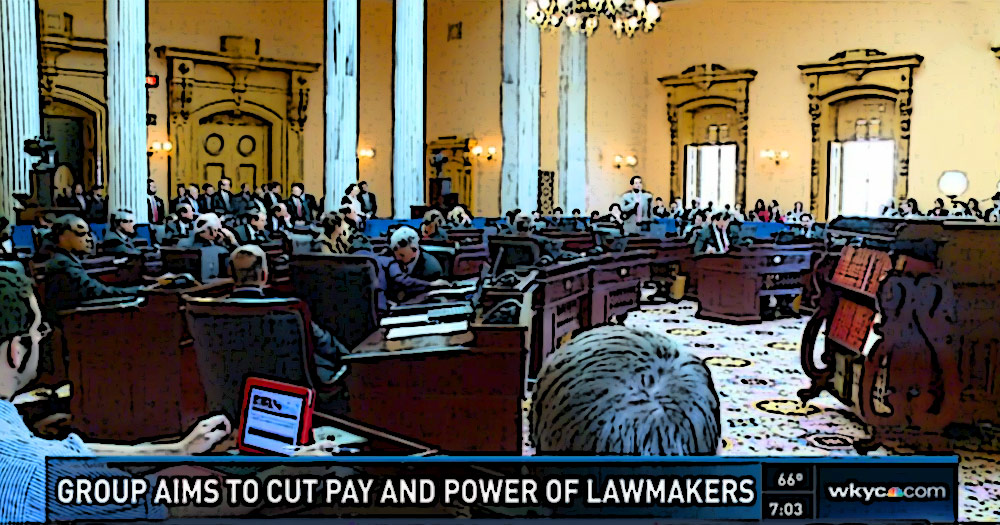For the seventh time in the last 22 years, the Metro Nashville Council put a measure on the ballot to weaken or abolish their own term limits. And for the seventh time voters said no.
Term limits were under attack elsewhere in Tennessee — along with Ranked Choice Voting. The Memphis City Council foisted three dubiously worded ballot questions on voters. The measure to weaken the council’s limits, neglected to explain that to voters. The other two misleading measures sought to repeal or block Ranked Choice Voting from going to effect.
Voters put down all three.
Speaking of Ranked Choice Voting (RCV), after several squeaker U.S. Senate races, perhaps Republicans and Democrats will reconsider the reform.
The Arizona race is still too close to call. Republican Martha McSally leads with 49.3 percent of the vote against Democrat Kyrsten Sinema with 48.4 percent. But Angela Green, the Green Party candidate, took 2.2 percent of the vote. Sinema used to be a Green Party activist, so it’s not unreasonable to think those folks would have preferred her to the Republican.
In Montana, incumbent Democrat Jon Tester has won. He garnered 49.6 percent of the vote, while Republican challenger Matt Rosendale received 47.5 percent and Libertarian Rick Breckenridge racked up 2.9 percent, more than the margin of difference.
Last week, the Libertarian seemingly endorsed Rosendale. “I am here today to support Matt and his candidacy,” Breckenridge told reporters. “And endorse him in his continuing effort to be the front man in the cause of liberty.”
Using RCV, voters can rank their choices and, were their first choice eliminated, their votes would go to their second choice until some candidate achieves an actual majority.
Thus ending “spoilers” — and giving voters more say-so.
This is Common Sense. I’m Paul Jacob.











